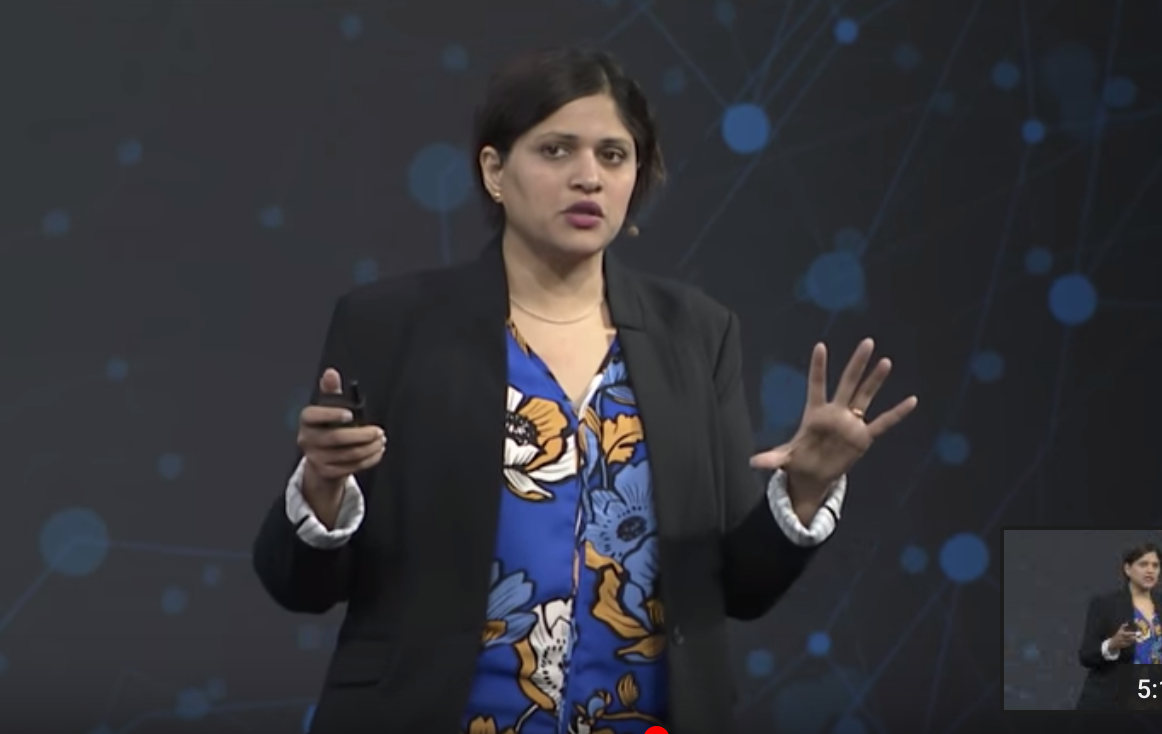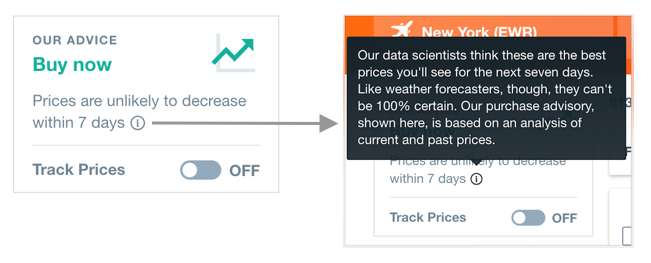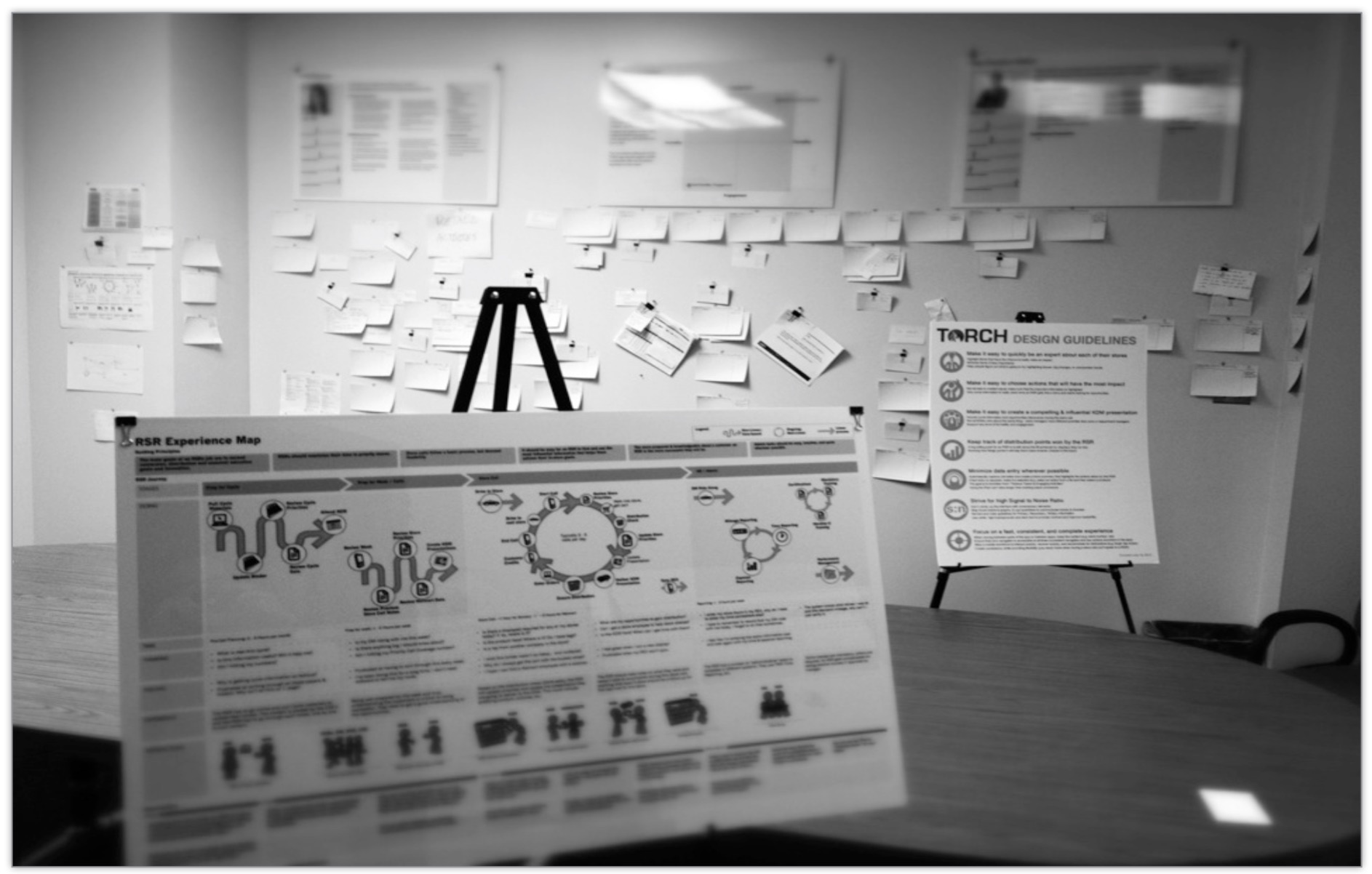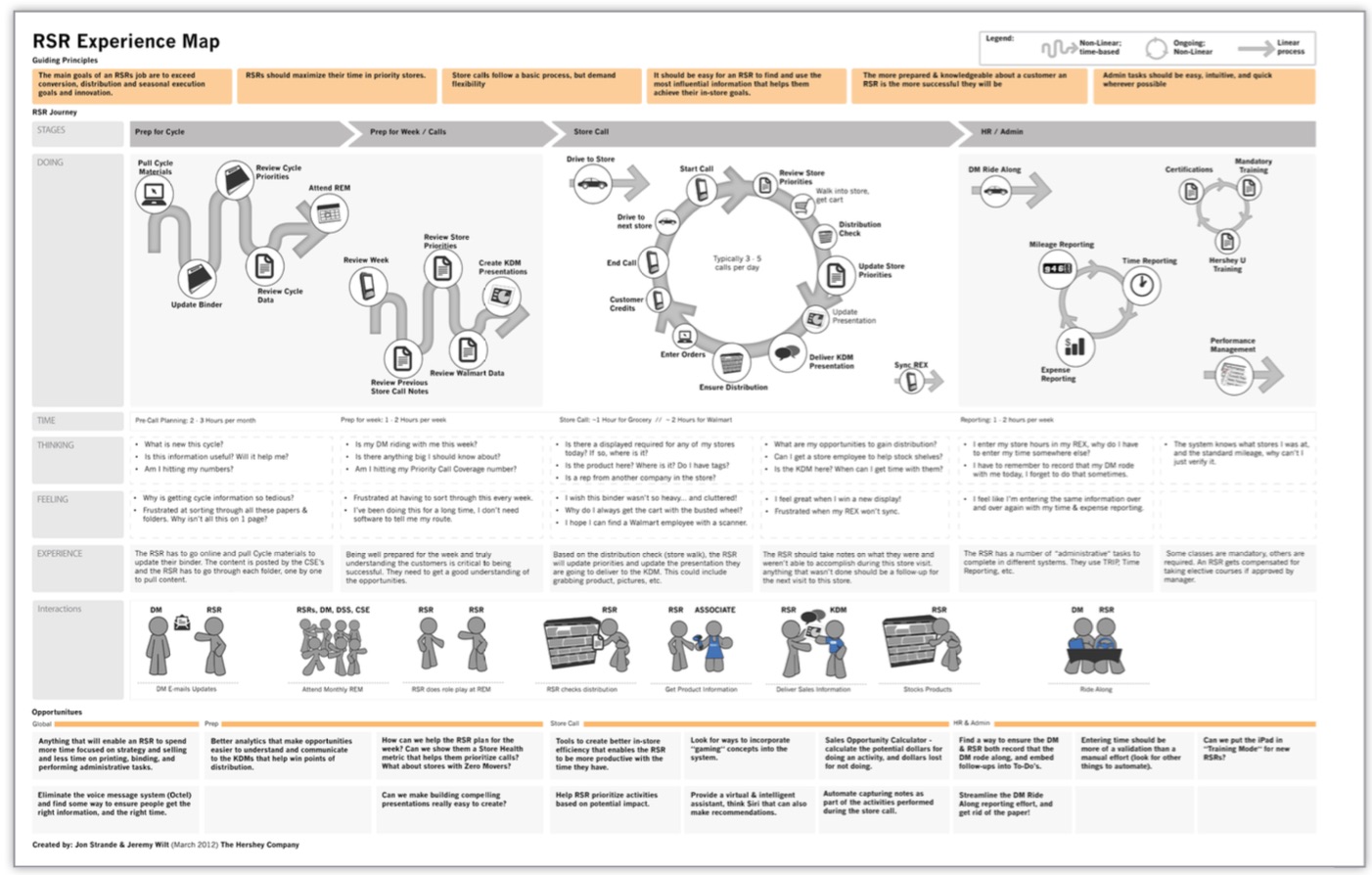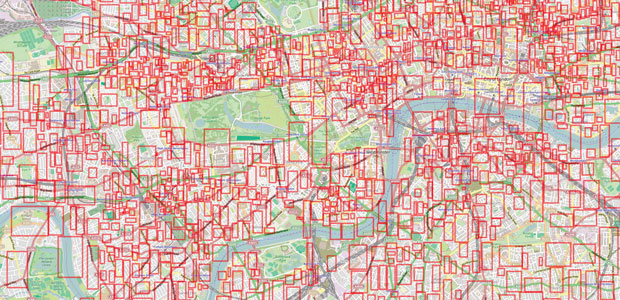If you read any of “the year ahead” predictions for 2019, or even ones from the last few years, one thing you’ll undoubtedly come across is that Robots or AI will eventually take everyone’s job… maybe not today, or tomorrow, but eventually. I personally don’t buy this line of thinking, and think that Marc Andreessen had it ‘mostly’ right in a post he wrote way back in 2014: “This is probably a good time to say that I don’t believe that robots will eat all the jobs…”
One of the most interesting topics in modern times is the “robots eat all the jobs” thesis. It boils down to this: Computers can increasingly substitute for human labor, thus displacing jobs and creating unemployment. Your job, and every job, goes to a machine.
This sort of thinking is textbook Luddism, relying on a “lump-of-labor” fallacy – the idea that there is a fixed amount of work to be done…The counterargument to a finite supply of work comes from economist Milton Friedman — Human wants and needs are infinite, which means there is always more to do. I would argue that 200 years of recent history confirms Friedman’s point of view.
Marc Andreessen
Marc then goes on to rip apart the Robots take all the jobs “eventuality” with a number of really compelling arguments and thought experiments.
The post is incredible and I’m probably not smart enough to do it justice, but let me try to offer a quick summary of his arguments and then I’ll provide my take… and circle back to the creative inspiration title of this post!
The overly simplistic version of the points in his very long post are:
- For the Luddites to be right today (that robots / AI will take all the jobs) one has to believe that there won’t be any new wants or needs (which runs counter to human nature) and that people / humans won’t contribute to those things being created
- While it’s true that automation / technology displaces work (and that is something that must be addressed), the flip side is that the same automation / technology increases standards of living. The way that I’ve always thought about this is thinking about all the safety features in cars – blind-spot monitoring systems were only available in high end vehicles a few years ago and now most cars have them, this is a life-saving feature… not just a cheaper big screen TV. Technology enables both of these…
- He offers three suggestions to help people who are hurt by technological change: first, focus on increasing access to education. Second, let markets work. Third, create & sustain a vigorous social safety net… with those three things in place, humans will do what they’ve always done: create things to address and/or create new wants and needs.
Now, I love all three of those, and it would probably be enough to stop there… but Marc goes MUCH further…
- The flip side of robots eating jobs is that this same technological advancement also democratizes manufacturing – it puts the power of production in everyone’s hands! I love this thinking!
- Costs go down / things get cheaper… robots producing things means lower costs, which lead to falling prices, which stretches people’s purchasing power and raises people’s standard of living.
He wraps up the long post by restating his “this is a good time to state that I don’t think robots will eat all the jobs…” and offers the following… which I’ll take one by one…
First, robots and AI are not nearly as powerful and sophisticated as I think people are starting to fear. Really. With my venture capital and technologist hat on I wish they were, but they’re not. There are enormous gaps between what we want them to do, and what they can do.
Marc Andreessen
I think Marc is still right on the first one. I’m a goofy optimist. Always have been, always will be. There is a line that someone used on me once that I’ll never forget: “don’t mistake a clear vision for short distance” and while technically true given the subject we were discussing, one never knows where the next breakthrough is going to come from! Again, he was right in 2014, but probably less so every day.
One other point I’d like to make here is that they don’t have to be as powerful & sophisticated as people talk about in the general press. What I’m focused on are the specific examples of real progress. I think we are a long way from the “Singularity” (great video here) but trying to pinpoint it’s arrival isn’t really super exciting to me, not practically anyway.
The questions to really be asking are: “which jobs”, “when”, and “how”. My thought is that it won’t be some zero-sum game.
Second, even when robots and AI are far more powerful, there will still be many things that people can do that robots and AI can’t. For example: creativity, innovation, exploration, art, science, entertainment, and caring for others. We have no idea how to make machines do these.
Okay, this is one of the main reasons I wanted to write about this, and as someone who works in a creative field, Creativity is something that I’m incredibly interested in… so I was a bit floored when I started digging into Magenta…

A primary goal of the Magenta project is to demonstrate that machine learning can be used to enable and enhance the creative potential of all people.
There is a lot to Magenta, so I’ll focus on two parts that really caught my attention.
First, is the Sketch-RNN – given a source sketch, it will auto generate additional sketches. Pretty rudimentary, but two things: first, it is a rudimentary starting image and second, imagine what this could do over time?
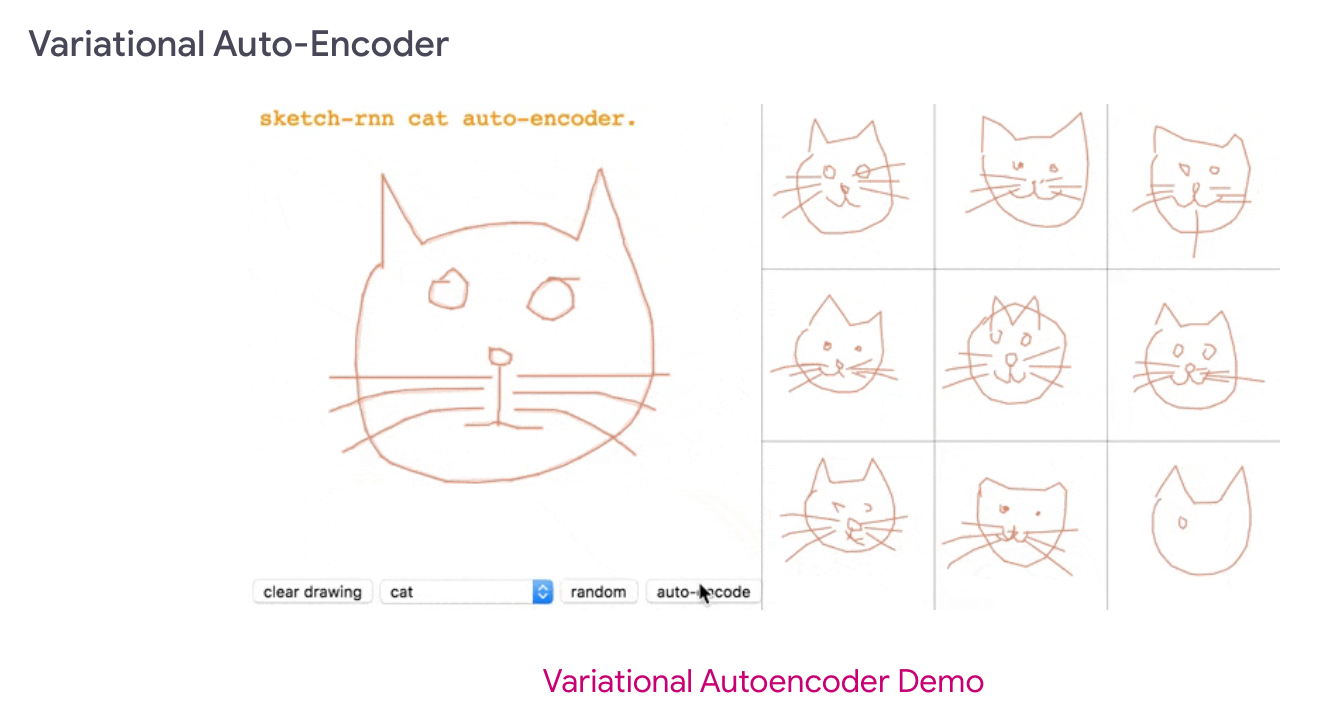
Second is Music Transformer – given a starting sequence, it will generate music with long term coherence to the original sample provided.

It doesn’t take much imagination to come up with ideas on where were going to start seeing uses for this type of innovation. If you’ve ever played with Garageband on your iOS devices (or the full blown Logic Studio on a Mac, or similar DAW software), you can start to think that we’re seeing a further advancement in the democratization for the creation of art & entertainment.
As designers, the sketching stuff should be of particular interest. One of the most important parts of my design process is the Diverge / Emerge / Converge diamond. I can see a future where tools like this will help us quickly explore more divergent ideas.
You should really go check out the samples on that page, they are truly incredible.
And check out some of the other demo apps.
I thought about ending here, but there are two more points to cover, so back to Marc…
Third, when automation is abundant and cheap, human experiences become rare and valuable. It flows from our nature as human beings. We see it all around us. The price of recorded music goes to zero, and the live music touring business explodes. The price of run-of-the-mill drip coffee drops, and the market for handmade gourmet coffee grows. You see this effect throughout luxury goods markets — handmade high-end clothes.
Marc Andreessen
I love this line of thinking. Imagine a future where we see labels in clothes that read “Made by Humans” like the “Made in the USA” labels we see today?
Finally, his last point…
Fourth, just as most of us today have jobs that weren’t even invented 100 years ago, the same will be true 100 years from now.
Marc Andreessen
That final point is so true. Marc actually ends his post stating he is ‘way long’ on human creativity, as am I…
What do you think? Will technology take our creative jobs away? Change them? Thoughts?




